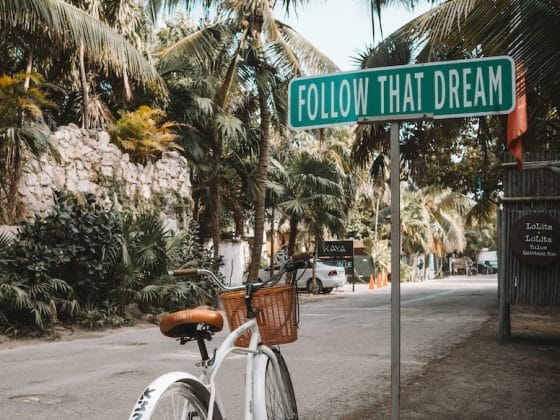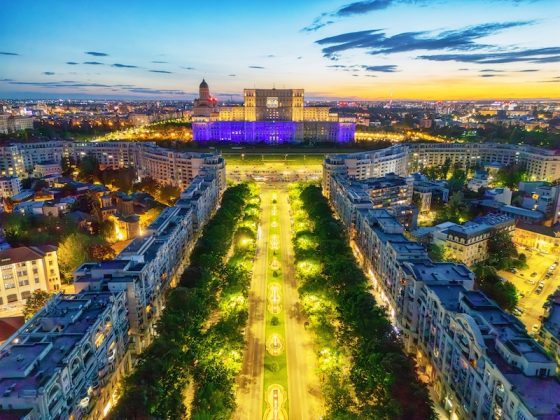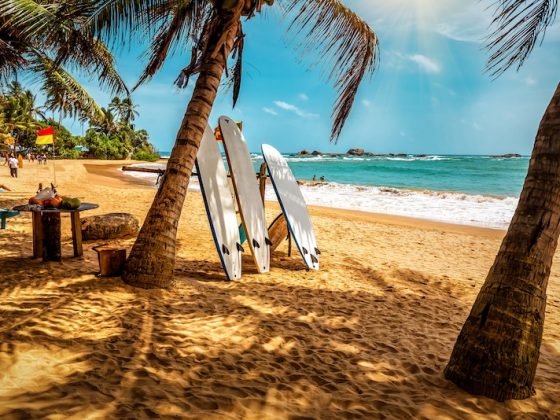Why This Rumor Won’t Go Away
If you’ve spent time in expat forums or second passport groups, you’ve seen the claim: “Get an EU citizenship for $200.” It sounds like a scam. Surely there must be a catch—a bait-and-switch that hides years of waiting, thousands in hidden costs, or a loophole that’s already closed. When I first heard it, I thought the same thing. But here’s the truth: in Hungary’s case, the number is real. Not for everyone, and not for every situation—but real.
The “$200” refers to the modest government fees you’ll pay at the very end of the process: the passport, ID card, and a few administrative items. At many consulates, the EU citizenship application itself is free.
The catch is what comes before. You’ll need to prove your Hungarian ancestry and demonstrate basic Hungarian language skills at a live interview. That’s where the real work lies—and why this program, while affordable, is far from automatic but exactly what our team at Learn Hungarian Anywhere specializes in.
Read more like this: Top 10 Celebs with Second Passports
The Simplified Naturalization Route: Why It Exists
Hungary’s simplified naturalization program has been in place since 2011. It wasn’t designed as a loophole; it was created to reconnect the country with its global diaspora, millions of whom were separated by the turbulent border changes of the 20th century.
Unlike residency or investment programs, simplified naturalization is open to anyone with a verifiable Hungarian ancestor. If you can prove the link and hold a basic conversation in Hungarian, you can apply—without moving to Hungary, investing in real estate, or counting residency days.
It’s citizenship by descent (jus sanguinis) with a modern twist. Since launch, more than a million people have used it—mostly from Hungarian communities abroad, but also from North America, South America, and beyond.
Read more like this: 12 Best Residency and Citizenship by Investment Options Under US$200K
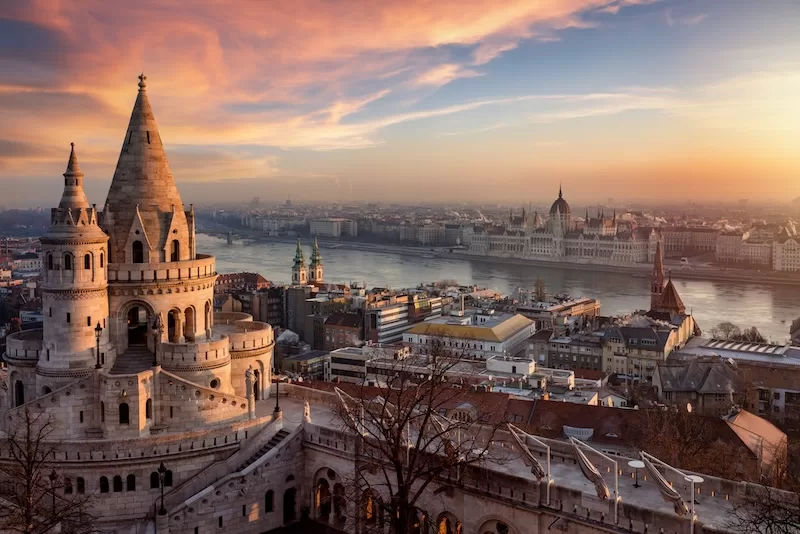
The Ancestry Requirement—and Why History Matters
Most people assume their qualifying ancestor must have been born in modern-day Hungary. In reality, the map has shifted more than once.
The Treaty of Trianon (1920) left millions of Hungarians outside the country’s new borders. Later conflicts redrew the map again. That means your ancestor could have been born in what is now Slovakia, Romania, Serbia, or Ukraine—and still have been a Hungarian citizen.
The challenge is proving it. Citizenship must be established with official records, not just family lore or church registers.
Birth certificates, military draft cards, old passports, and residency papers can all serve as proof. But the paper trail must be unbroken, linking you clearly to your ancestor. As of now, every non-Hungarian document must also be translated into Hungarian and legalized with an apostille.
This is where many applicants stumble. From personal experience, I’ve seen people spend months chasing “Hungarian origin” records when what’s required is evidence of citizenship. It’s a small difference—but a critical one.
The Language Hurdle—Less Than Fluent, More Than Tourist
The second major requirement is language. There’s no written test. Instead, the consular officer will simply speak to you in Hungarian. You’ll need to introduce yourself, explain your family story, and answer questions about your documents—without an interpreter or notes.
Fluency isn’t required. Most successful applicants aim for an A2–B1 conversational level—think tourist-level dialogue, but steady enough to hold under pressure. This is often where nerves undo months of preparation. From my own journey, I can say the difference lies in targeted practice: focusing not on Hungarian literature, but on the exact flow of the interview itself. When you know what’s coming, the conversation feels familiar instead of intimidating.
Read more like this: Living on a Tourist Visa – How Long Can You Stay?
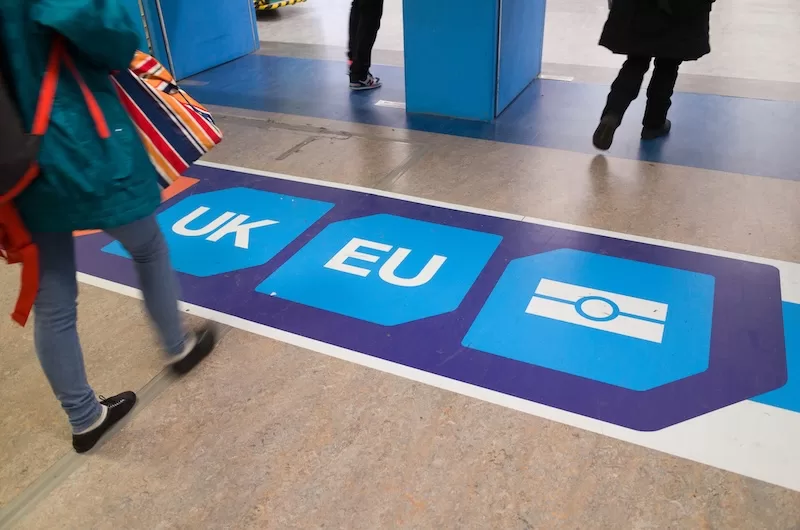
Common Myths
Myth 1: You must be fluent.
Reality: You need basic, confident conversation—not perfect grammar.
Myth 2: You must live in Hungary.
Reality: Residency is not required under this program.
Myth 3: Only parents or grandparents count.
Reality: There’s no set generational cap. What matters is proving the link to a Hungarian citizen ancestor.
Myth 4: It’s a loophole that could close any day.
Reality: The program has been running since 2011 with broad political support. It’s a standing policy, not a temporary window. However, it’s still wise to act now—policy can always change.
Why This Path Is Worth It
A Hungarian passport is more than a document. It’s full EU citizenship—one of the most valuable mobility assets in the world. That means:
- The right to live, work, and study in any of the 27 EU member states.
- Visa-free or visa-on-arrival travel to more than 180 destinations, including the Schengen Area, the UK, and much of the world.
- The ability to pass EU citizenship on to your children.
For those who qualify, Hungary offers one of the cleanest and most affordable “Plan B” passports on the planet.
Read more like this: The World’s Most Powerful Passports For 2024
If You Think You Might Qualify
Start by asking yourself:
- Do I have the right kind of proof of citizenship, not just heritage?
- Are my records translated and legalized to Hungarian standards?
- Could I explain my family connection, in Hungarian, tomorrow in front of a consular officer?
If the answer to any of these is “no,” you have some work to do. That’s why we built Learn Hungarian Anywhere. Started by U.S. citizens who’ve completed the process alongside native Hungarians, we help Americans through eligibility checks, document preparation, and focused language training designed for the interview itself.
Read more like this: Journey from America to Hungarian Citizenship

The Bottom Line
The “EU passport for $200” headline is true—but only as the final chapter of a much longer story.
The real cost is measured in preparation: finding and proving ancestry, assembling documents across borders, and gaining the confidence to walk into a consulate and hold your ground in Hungarian.
Hungary designed this program to reconnect with its diaspora, and for those who qualify, it remains one of the most straightforward doors into the European Union. Behind that $200 fee lies something much bigger: the freedom to live, work, and build a life across 27 nations.
Read more like this: Top 9 Passports by Investment Programs
Where to Learn More
For escape artist subscribers only, we’re offering a free 20 minute consultation talk with our team so you can see exactly where you stand and what gaps you need to fill. You can book it by emailing us: info@learnhungariananywhere.com.
FAQ: EU Citizenship & EU Passports
1. How to apply for an EU passport?
Applying for an EU passport requires first obtaining citizenship in an EU country. You can apply through naturalization, descent, marriage, or investment programs. Once citizenship is granted, the passport can be issued by the country’s passport office.
2. Which European countries allow dual citizenship?
Many European countries allow dual EU citizenship, including:
- Portugal
- Ireland
- France
- Belgium
- Italy
- Spain (under certain conditions)
- Sweden
- Greece
3. How to get EU citizenship?
EU citizenship can be obtained through:
Descent: Citizenship through parents or grandparents.
Naturalization: Residing legally for a number of years in an EU country.
Marriage: Marrying an EU citizen (residency requirements may apply).
Investment Programs: Some countries offer citizenship in exchange for financial contributions.
4. Easiest countries in Europe to get citizenship
- Portugal: Citizenship after 5 years of legal residence.
- Ireland: Citizenship by descent is straightforward.
- Malta: Citizenship by investment program.
5. Which countries give “free” or low-cost citizenship in Europe?
No European country gives completely free EU citizenship, but some offer low-cost or accessible options:
- Ireland (by descent)
- Italy (by descent)
- Portugal (after 5 years of residence)
About the Author
Ethan & Lídia built Learn Hungarian Anywhere on the belief that freedom is earned through knowledge, cultural connection, and self-reliance. Their program transforms Hungarian ancestry into EU citizenship — and the ability to build a new life, from Berlin to Budapest to the beaches of Croatia.
Contact Author
"*" indicates required fields
Stay Ahead on Every Adventure!
Stay updated with the World News on Escape Artist. Get all the travel news, international destinations, expat living, moving abroad, Lifestyle Tips, and digital nomad opportunities. Your next journey starts here—don’t miss a moment! Subscribe Now!

